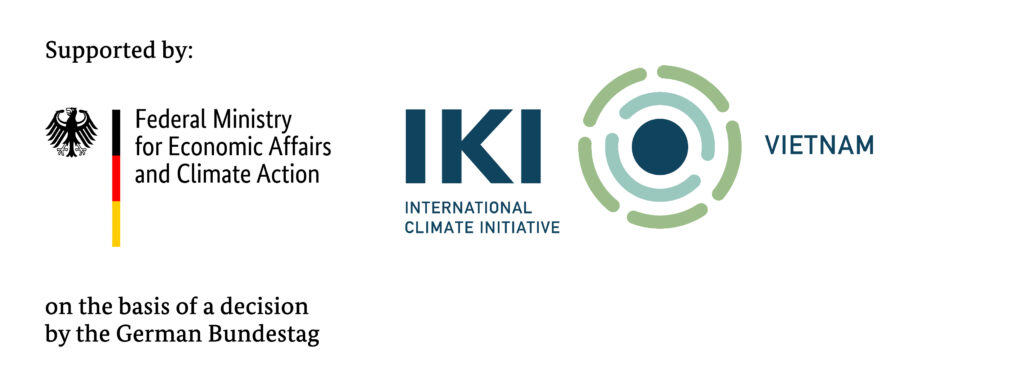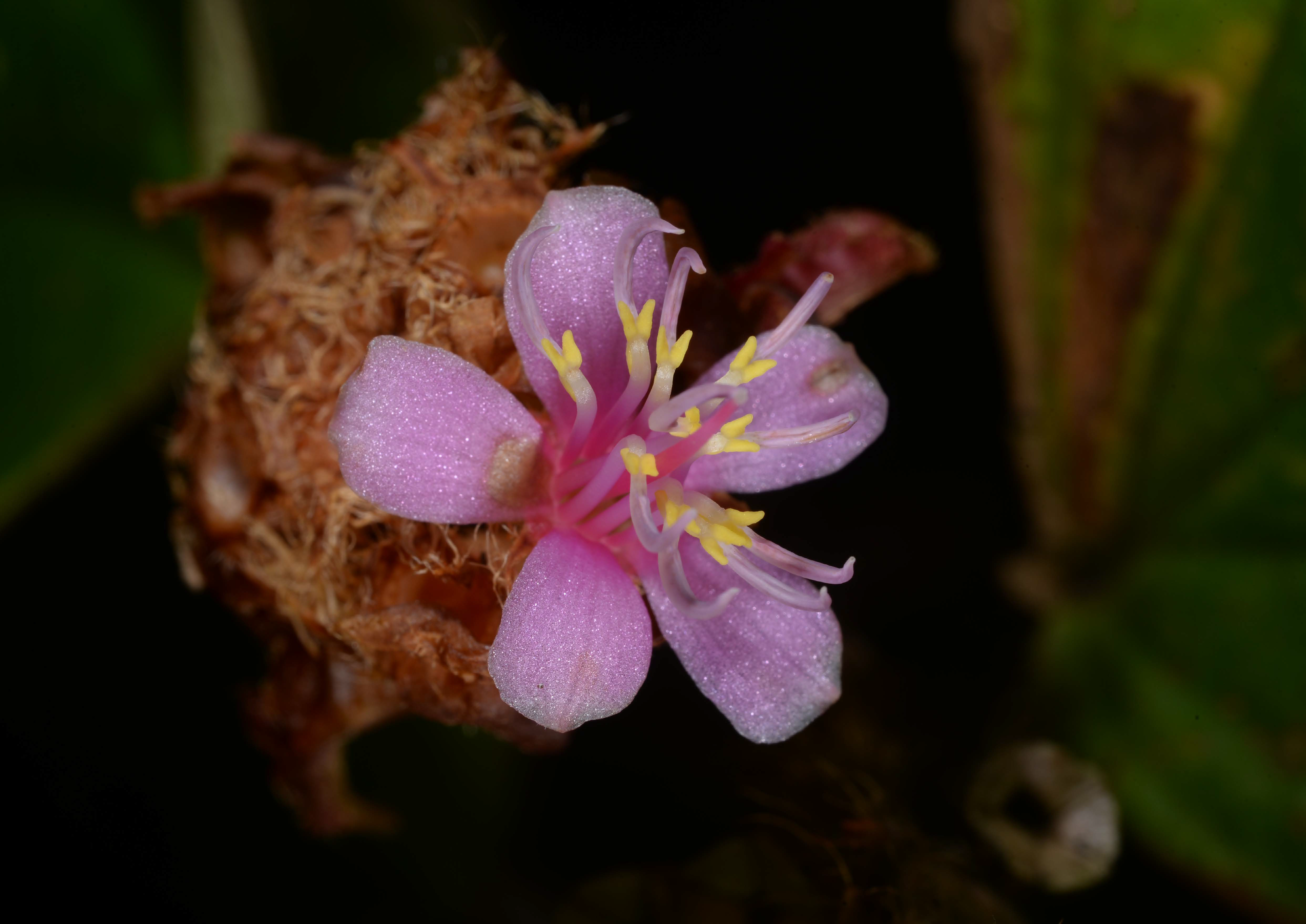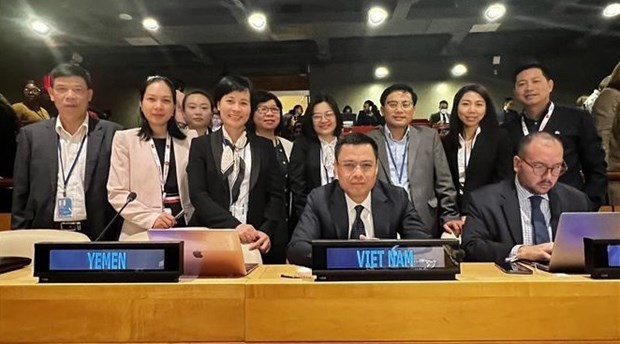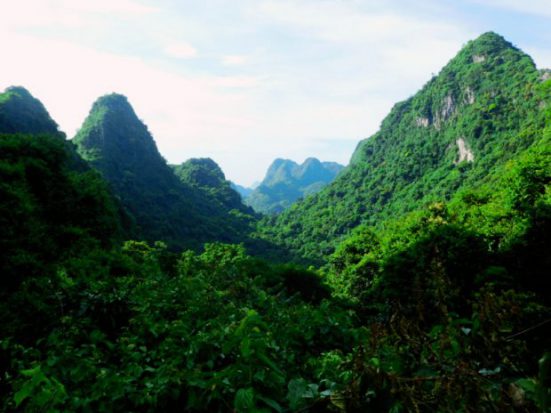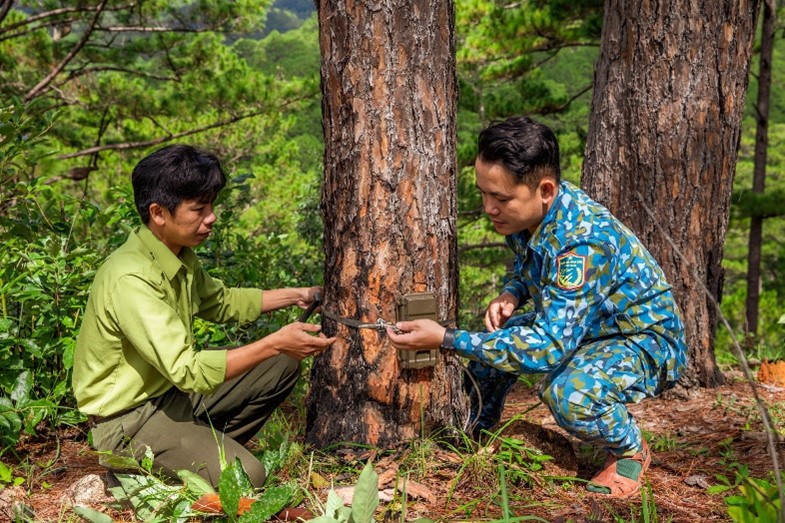In a collaborative effort by the Vietnamese government with international development partners, a milestone towards effective biodiversity conservation has been reached. A roadmap to bring more areas under effective protection measures shows the way to deliver the country’s commitment to the UN Convention on Biological Diversity.
On 15 December 2023 in Hanoi, nearly 100 experts in the field of nature and biodiversity conservation provided their insights on the potential and way forward for Other Effective area-based Conservation Measures (OECMs) in the consultation workshop on Reviewing the potential and way forward for OECMs in Viet Nam.
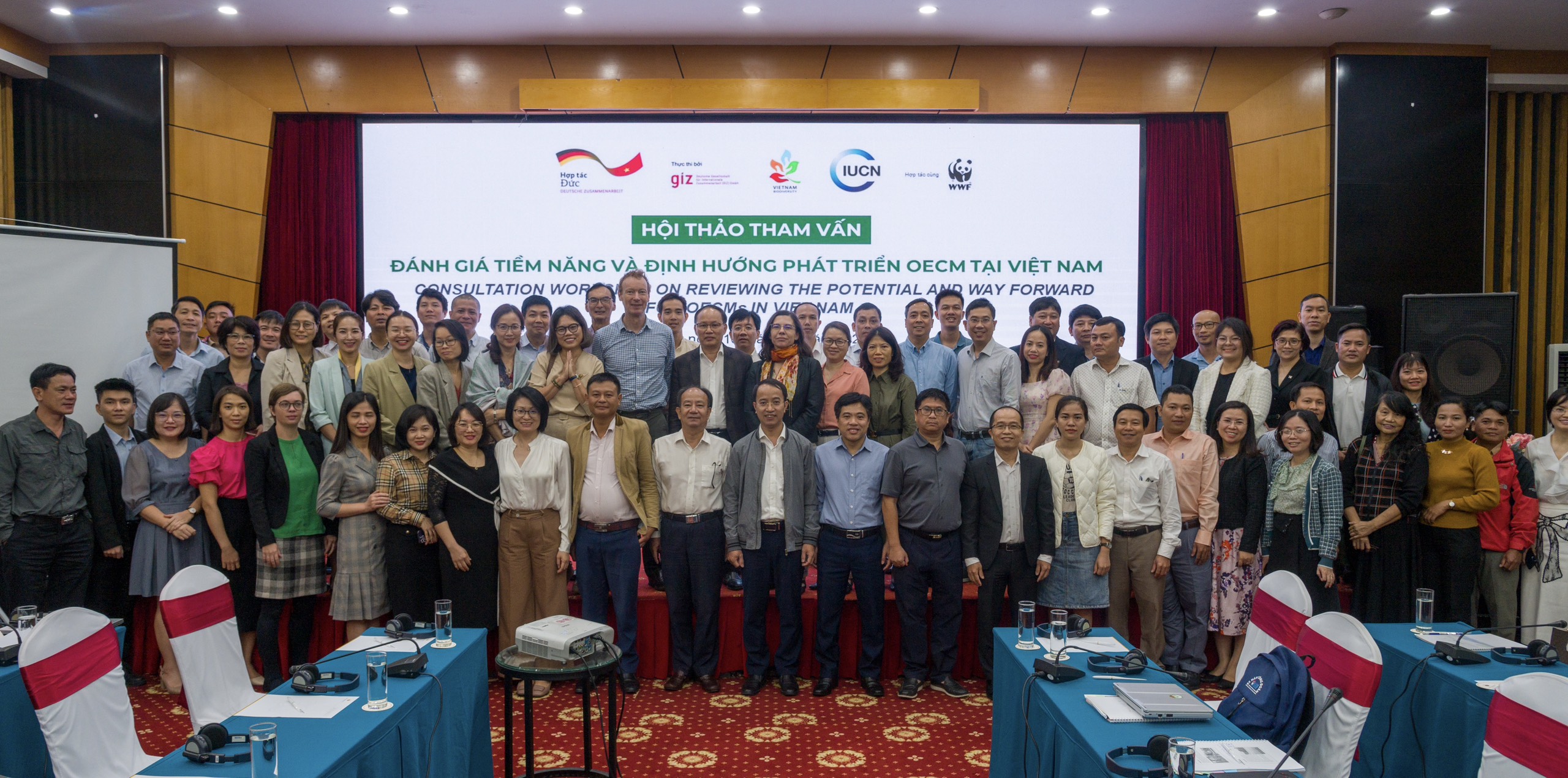
The UN Convention on Biological Diversity (CBD), of which Viet Nam is one of the 168 signatories at the 15th Conference of the Parties, has adopted the Kunming-Montreal Global Biodiversity Framework. This Framework serves as an orientation for global nature and biodiversity conservation to 2030 and a vision for 2050. Thus, one of the main goals the Global Biodiversity Framework is calling for the protection of at least 30% of the world’s land and water areas by 2030 through the establishment of Protected Areas and OECMs (30×30 Target). OECMs have been gradually expanded and developed worldwide.
An OECM is a geographically defined area, other than a legally protected area, which is governed and managed in ways that achieve positive and sustained long-term in-situ conservation outcomes while containing other cultural or socio-economic values. While the concept of OECMs is internationally recognised, the regulatory framework to establish and manage OECMs as an innovative conservation approach in Viet Nam is under development.
“While Protected Areas must have a primary conservation objective, OECMs may be managed for many different objectives but they must deliver effective, long-term conservation. OECMs are aligned with MONRE’s mandate and can expand its role in in situ biodiversity conservation. Institutionalising OECMs would not only help Viet Nam meet its international commitments but also help it protect some of its most biodiverse but threatened habitats, such as isolated karst hills, seasonally flooded grasslands, and coastal mudflats that are poorly represented in the protected area system” shared by Jake Brunner, Head of IUCN’s Lower Mekong Sub-region.
At the workshop, a roadmap for OECM implementation, key criteria and procedures to recognise OECMs, experience in the development, management, operation of OECMs in other countries, and advantages – disadvantages assessment valuable to future development of OECMs were introduced. Different exchanges and constructive discussions are useful for the later development of OECM in Viet Nam.
“In accordance with results of a study jointly conducted by NBCA, the Division of Protected Area Management (DOPAM) of MARD and GIZ, Viet Nam has identified 9 categories of areas with the potential for OECM recognition. As a next step, Viet Nam needs to map these areas and propose comprehensive governance and management structures. With the recognition of OECMs Viet Nam will be in the position to significantly advance its system of protected and conserved areas. This is the foundation of raising ambitions in the country’s commitment to the CBD and realising the 30×30 Target in Viet Nam.” – said Ms. Anja Barth, Project Chief Technical Advisor, GIZ Viet Nam.
“The implementation of OECMs in Vietnam needs to be approached inclusively, ensuring active participation of local stakeholders and community levels. WWF looks forward to coordinating with relevant parties to select and pilot several OECMs models in Central Annamites and contribute to Vietnam’s legal framework and policy for the OECMs in the coming years” shared by Mr. Nguyen Van Tri Tin, Wildlife Practice Lead, WWF-Viet Nam.
The workshop was jointly organised by the Nature and Biodiversity Conservation Agency of the Ministry of Natural Resources and Environment, the Deutsche Gesellschaft für Internationale Zusammenarbeit (GIZ) GmbH and the International Union for Conservation of Nature (IUCN) in collaboration with the World Wide Fund for Nature Vietnam (WWF-Viet Nam). The workshop took place under the umbrella of different development cooperation measures funded by the German Federal Ministry of Economic Cooperation and Development (BMZ) as well as the Federal Ministry for Economic Affairs and Climate Action (BMWK).
